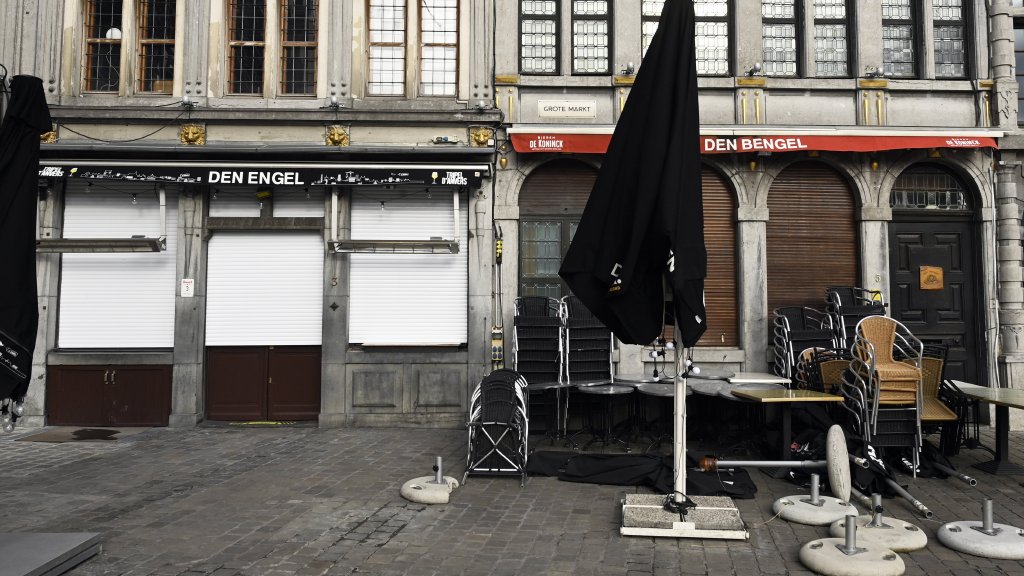The President of the Federation of Belgian Companies (FEB) has warned that Belgian businesses are facing an economic "tsunami" of up to €55 billion in the coming months as a consequence of soaring energy and labour costs, Belga News Agency has reported.
"We are clearly not in a 'business as usual' situation and the government must realise the seriousness of the situation," FEB President Pieter Timmermans said.
FEB Chief Economist Edward Roosens similarly noted that virtually all sectors of the Belgian economy expect a decline in profits over the next six months. He also predicted that total labour costs will rise by 18%, or €25-30 billion, while energy bills will grow by "three to four times," or €10-15 billion: thus yielding a potential cost increase of up to €55 billion.
Profound economic pain
Timmermans further noted that he believed it "likely" that Belgium's GDP will decline by 0.5% to 1% over the course of 2023, and added that the National Bank of Belgium's (NBB) repeated estimates of positive growth this year were "systematically too optimistic."
Timmermans also highlighted the related — and significant — danger that rising energy and labour costs are imposing upon Belgium's export market, which is consequently becoming increasingly less competitive on the world stage. He therefore called on the Belgian Federal Government not to impose any additional costs on companies in 2023, and, in particular, to defer the implementation of any further government-mandated wage indexations until next year at the earliest.
Echoing the concerns of other prominent economists, Roosens also emphasised the danger of companies being forced to pass on their increasing energy and labour costs to their products' sale prices, which could, he argued, potentially precipitate a dangerous wage-price spiral, whereby wage rises lead to a surge in prices which then leads to greater demand for further wage increases.
A global problem
The FEB's estimates mirror those of many other studies conducted in recent weeks. Last month, market analysis firm GraydonCreditsafe found that bankruptcies in Belgium increased 44% last year compared to 2021, and also forecast that high energy prices coupled with government-mandated wage indexations could force many more small and medium-sized enterprises to become insolvent in the coming months.
GraydonCreditsafe's analysis was further corroborated by the results of a recent poll by the Union of Middle Classes (UMC), which found that three-quarters of Belgian independent retailers fear becoming insolvent in the near future. Shopkeepers attributed their financial difficulties to multiple factors, including soaring energy bills, government-mandated wage indexations of employees, inflation, the increasing popularity of online shopping, and global geopolitical tensions.
Related News
- 'Tough year': IMF predicts half of EU to be in recession in 2023
- 'Empty spaces in city centres': Bankruptcies in Belgium set to increase in 2023
- IMF wants Belgium to save at least €4 billion next year
The UMC survey also found that the vast majority of shops had resorted to cost-saving measures in order to remain solvent, including reducing their heating and switching off their outdoor lighting.
Such studies come against the backdrop of a general worsening of the economic climate across the EU and, indeed, much of the world. On Sunday, the Managing Director of the International Monetary Fund (IMF) noted that she expects half of the EU — and one-third of the global economy — to be in a recession next year.

